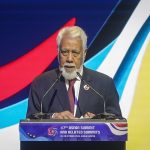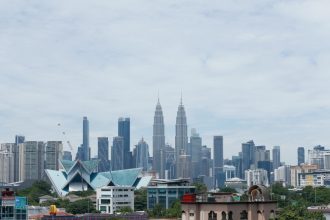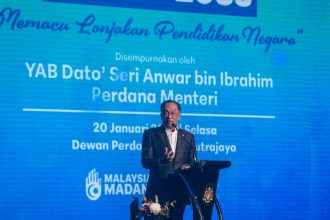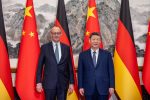In a landmark moment for Southeast Asia, Cambodian Prime Minister Hun Manet and Thai Prime Minister Anutin Charnvirakul signed the Kuala Lumpur Peace Accord today, signaling a long-awaited end to a devastating border conflict that has claimed dozens of lives and displaced over 300,000 people since July.
The signing took place at the Kuala Lumpur Convention Centre, witnessed by Malaysia’s Prime Minister Datuk Seri Anwar Ibrahim, who currently chairs ASEAN, and U.S. President Donald Trump. The event, originally scheduled for later in the day, was brought forward to allow Anutin’s prompt return to Thailand to oversee funeral arrangements for Queen Mother Sirikit.
In a deeply symbolic ceremony, both nations committed to a framework for border demilitarization, humanitarian aid, and the establishment of a joint reconstruction committee. The move has been widely praised as a diplomatic breakthrough that could redefine regional cooperation in the years ahead.
Prime Minister Anwar Ibrahim, addressing the press moments before the signing, expressed his gratitude to President Trump, acknowledging his direct involvement in mediating discussions between the two Southeast Asian leaders.
“Thank you for your concern, empathy, and commitment to support this peace deal,” Anwar said. “The world needs leaders who champion peace—and to achieve that, sometimes you must break a few rules.”
This accord marks not only the end of a deadly conflict but also the beginning of a renewed era of regional unity. The Kuala Lumpur Peace Accord stands as a powerful reminder that diplomacy, when guided by humanity and mutual respect, can indeed heal even the deepest wounds.
As Southeast Asia watches with hope, the KL Peace Accord could very well become a blueprint for peacebuilding in regions torn apart by conflict and division.








